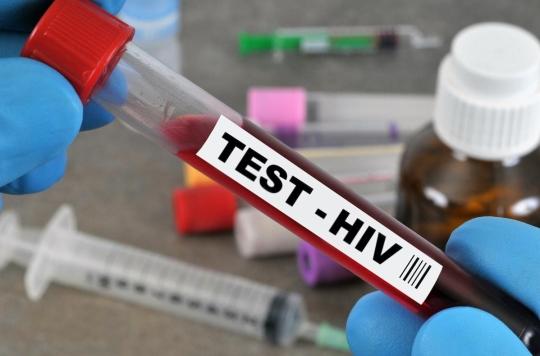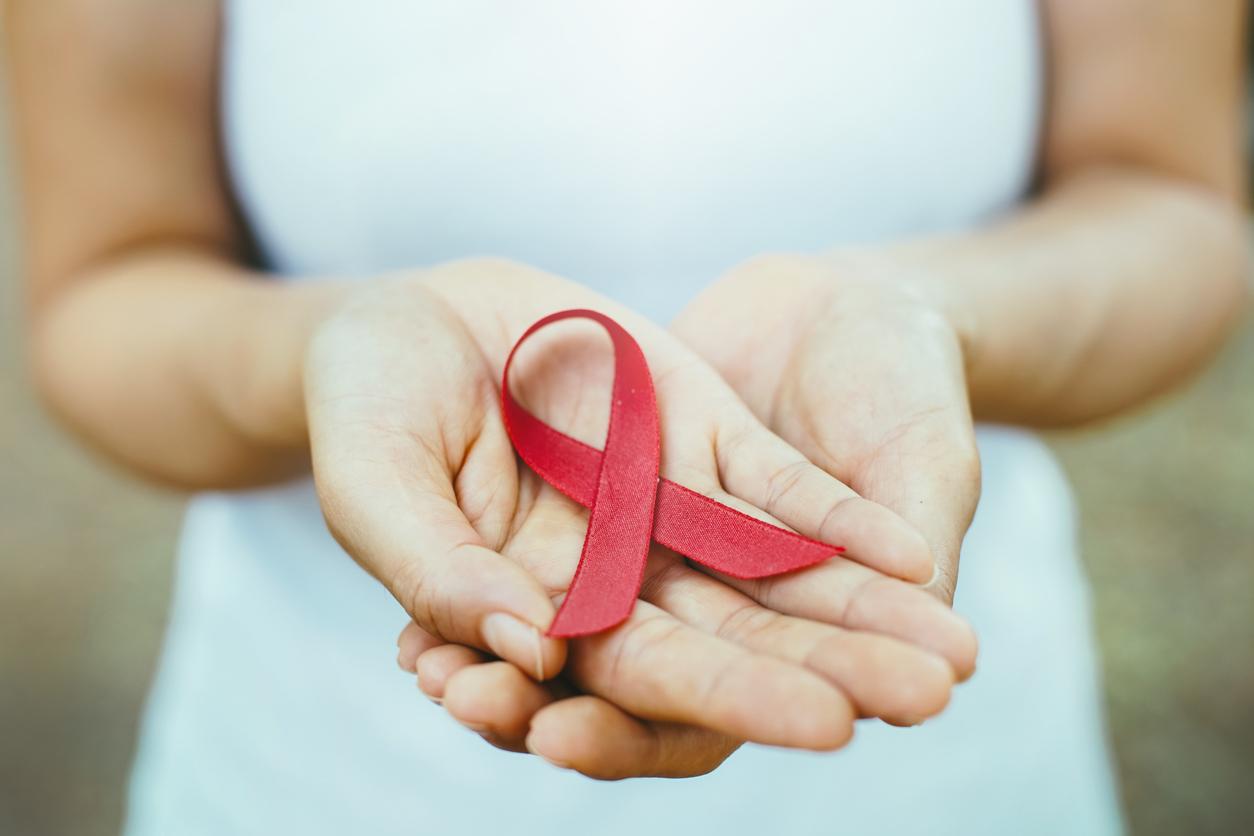After two months of confinement, several associations believe that the two months of confinement represent “an opportunity to massively reduce the transmission of HIV”.

Deconfinement represents a “opportunity” to take an HIV test before resuming sexual activity. Several associations offera major screening campaign” before resuming more intense sexual activity. This campaign, dubbed “Test yourself before sex”, is supported by Aides, Paris sans sida and Corevih Arc Alpin. To carry it out, they propose “the sending of free home self-tests on simple request (…) in priority to the most exposed key populations.”
An opportunity
The period of confinement rhymed for many with abstinence. A break that is not necessarily negative for these associations which believe that this creates an opportunity to fight against HIV. “Few – or no – sexual relations for two months means little or no recent exposure to HIV and STIs (sexually transmitted infections, editor’s note). It is also, for people who would have been infected shortly before confinement, the certainty that they produced enough antibodies during these two months for the positive result of a rapid HIV test to leave no doubt. on his interpretation“, they argue in a communicated.
This blood screening put forward by the associations can be carried out in different ways “depending on the possibilities available to the different territories to comply with the health security measures in force, everyone will be able to access a suitable solution to test themselves and take stock of their sexual health.. In particular, they can use TROD, the rapid diagnostic orientation test, a self-test or via a self-sampling kit. A site lists the screening structures that participate in this desire for massive screening.
In Africa, HIV could jump
In sub-Saharan Africa, the UN fears that the number of deaths caused by HIV will double. ”There is a risk that the victories won in the fight against AIDS will be sacrificed in the battle against Covid-19“, alarmed the executive director of UNAIDS, Winnie Byanyima, in a communicated. This is due to access to antiretroviral treatment disrupted by the coronavirus pandemic. The UN puts this toll at more than 500,000 additional deaths between 2020 and 2021. This period could put an end to a decade of efforts since between 2010 and 2018, the number of infected children fell by 43%. Childhood infections could jump 37% in Mozambique, 78% in Malawi and Zimbabwe and 104% in Uganda.


















